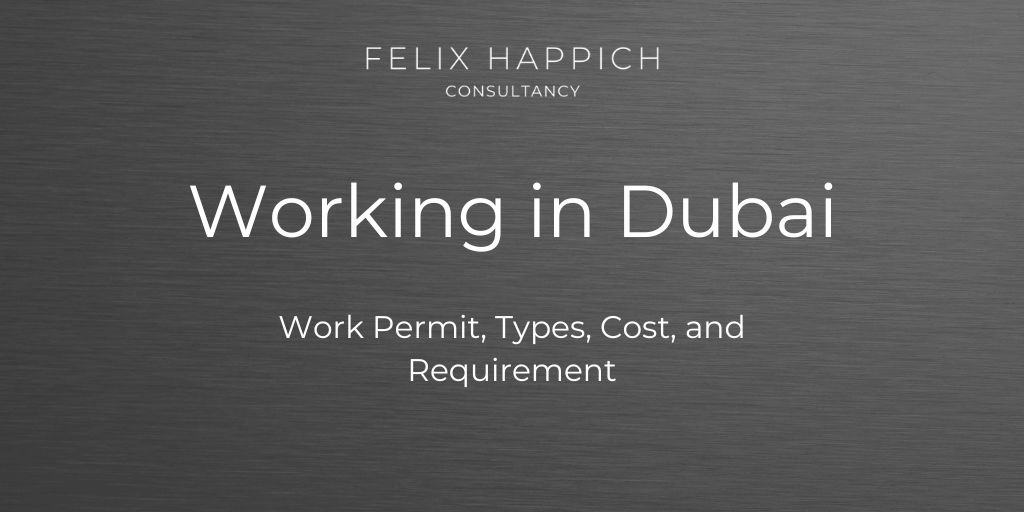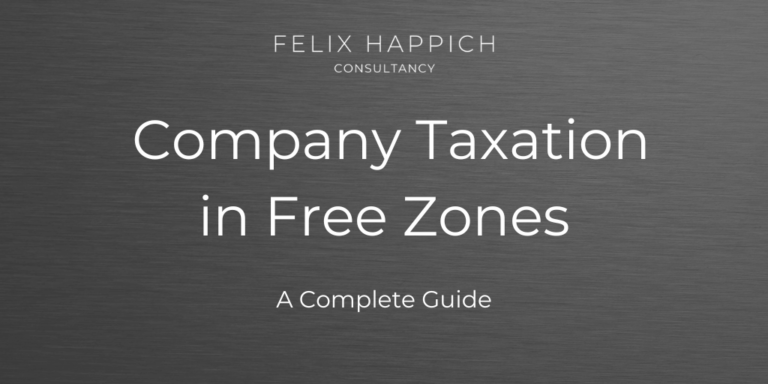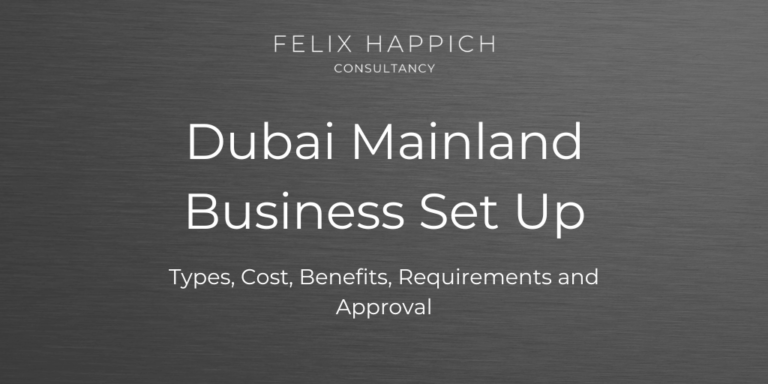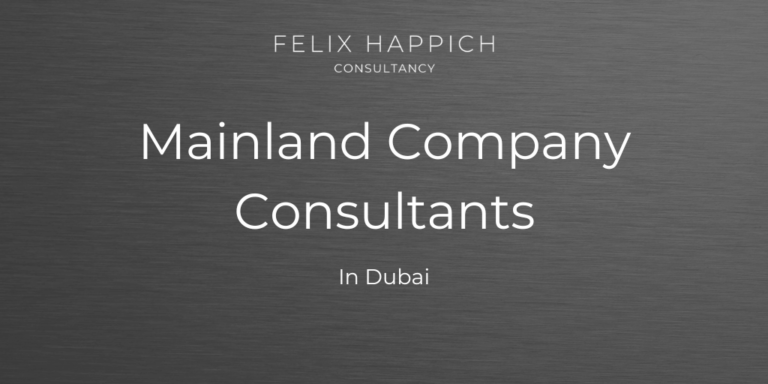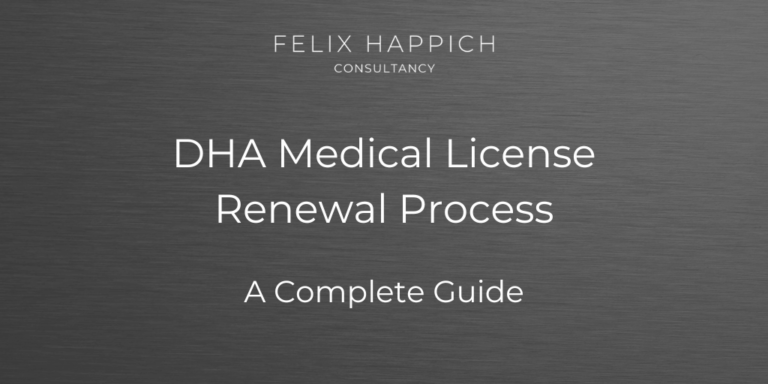Dubai offers one of the world’s best working environments. The government massively supports the working community due to its labor laws. Only 8 hours per day or 48 hours per week are allowed in the private sector as per Article 17, Federal Decree-Law No. 33 of Dubai Labor Law. Along with this, employers need to contract with the workers for fixed working hours without any discrimination. However, workers must have valid work permits to work legally in Dubai. These permits are obtained via visas such as a Green Visa or Standard Work Visa from the Ministry of Human Resources and Emiratisation (MHRE) for mainland and free zone authorities for free zone employment.
The process of getting a work permit starts with the approval of the employer and employee contracts from the Ministry of Labor (MOL). The workers require documents like work contracts, health insurance, medical certificates, Emirate ID, etc. After that, workers can find jobs in different sectors, such as construction, technology, finance, and healthcare, according to their skill set. The employers provide their workers with health insurance as per the Dubai Health Authority (DHA) under Law No. 11 of 2013 and free transportation services. The policies of tax and work-life balance make Dubai an ideal place for a working person.
What is a Work Permit in Dubai?
Work Permit is a legal document that allows foreigners to work in Dubai. However, it enables working only with the employers specified in the contract. The Ministry of Human Resources and Emiratisation (MHRE) declares it illegal for any worker to work without a valid work permit in Dubai. The UAE Labor Law, Article 6 of Federal Decree. 33 considers work permits compulsory for every worker in the private sector.
There are three main providers of work permits, working in different parts of Dubai.
- Ministry of Human Resources and Emiratisation (MHRE)
- Jebel Ali Free Zone Authority (JAFZA)
- General Directorate of Residency and Foreign Affairs (GDRFA)
Ministry of Human Resources and Emiratisation (MHRE)
MHRE controls labor affairs, relations, employment policies, and workplace development in the Mainland zone of Dubai. This ministry defines laws for employer and employee relations, working hours, wages, and leaves. Moreover, it promotes different skill development for a better workforce in Dubai.
Jebel Ali Free Zone Authority (JAFZA)
In the Free Zone, the Jebel Ali Free Zone Authority (JAFZA) handles all the issuances, renewals, and cancellations of work permits. Moreover, they ensure that the terms and conditions in contracts are complying with the rules of JAFZA. At the same time, JAFZA ensures that employers treat workers fairly and follow UAE labor standards.
General Directorate of Residency and Foreign Affairs (GDRFA)
The GDRFA handles the visa and residency permits of workers in both the Mainland and Free Zone. They issue, regulate, and manage the residency permits of employees in Dubai. As the work permit, medical certificates, and insurance are prerequisites for a residency permit, they will ensure that the workers have all these documents and that they are aligned with the UAE immigration laws. When GDRFA has processed all these documents, they will facilitate getting their Emirates ID.
What are the Types of Work Permits in Dubai?
Dubai offers several types of work permits, such as Standard Work Permit and Temporary Work Permit. Which type of work permit is suitable for a person depends upon their profession, residency timespan, skills, and purpose.
Standard Work Permit
The standard work permit allows the employees to reside and work in Dubai. It is given by the Ministry of Human Resources and Emiratisation. However, the worker needs a sponsorship from the employer and a signed contract of employment. This work permit allows the employees to work in Dubai for 2 to 3 years, depending upon the employment contract.
Temporary Work Permit
The temporary work permit is also known as a short-term work visa as it allows the workers to work in Dubai only for 6 months. People use this work permit when they need to complete a project or work trial. The Ministry of Human Resources and Emiratisation approves this work permit when they have a job offer and a valid UAE residence visa.
Freelancer Work Permit
The freelancer work permit allows foreigners to reside in Dubai and offer their freelance services. Moreover, they can become self-employed in Dubai through this work permit. Dubai offers several types of freelance visas, such as the media, education, and design. However, for this visa, the freelancers need a portfolio of their respective skills. There are several requirements for this work permit, such as the following:
- Age should be above 18.
- Minimum income of AED 360,000 per annum.
- Proof of income
- Valid passport
- Medical fitness reports
- Character certificate
The Ministry of Human Resources and Emiratisation checks all these documents to approve the freelancer’s work permit.
Part-Time Work Permit
The Ministry of Human Resources and Emiratisation (MHRE) offers part-time work permits for employers who want to work for more than one company. The part-time workers need to divide their total number of working hours in both these companies. The part-time work permit requires contracts from each employer, a valid passport, a Non-Objection Certificate (NOC) from the primary job employer, a trade license copy from both jobs, etc.
Mission Work Permit
The mission work permit is a work permit of a maximum of 90 days. The workers need sponsorship from the employer in the form of a short-term contract. The UAE government introduced this work permit in February 2022. This work permit was mainly for those people who work on assignments or a fixed-time project in Dubai.
Student Work Permit
If international students want to do part-time work in Dubai, they will require a student work permit. Moreover, they need to fulfill the restrictions related to working hours and permissions from the respective universities.
How to Get a Work Permit in Dubai?
To get a work permit in Dubai, you can follow the steps given below:
- Get a Job Offer
You can apply for different relevant jobs or get any job offer from Dubai.
- Apply for Work Permit
You have to ask the employer to apply for the work permit on your behalf in the Ministry of Human Resources and Emiratisation (MHRE).
- Apply for Entry Permit
After work permit approval, you have to get the entry permit from the General Directorate of Residency and Foreign Affairs (GDRFA). This permit will allow you to try for a residence permit.
- Undergo Medical Tests
You need to undergo all the required medical tests, such as Blood Tests, HIV, Hepatitis, Chest X-ray, etc.
- Go for a Residency Permit and Emirate ID
Your employer will get a residency permit from GDRFA. Using all the above permits and documents, you should apply for the Emirate ID. This is a mandatory identification document for all the residents in Dubai.
What are the Documents Required for a Dubai Work Permit Application?
The application for a Dubai Work permit requires several documents, such as the following:
- Original passport and a copy
- Passport size photographs
- Emirates ID card
- Entry permit from GDRFA
- Medical certificate from UAE government approved health center
- Approved education qualifications from the Ministry of Foreign Affairs and UAE embassy
- Contract of employer and company details
How Long Does It Take to Get a Work Permit in Dubai?
A Work Permit can take 5 to 15 days to get approved. There are several steps in the Work Permit application, and each takes a different number of days, such as the following:
- Application approval from MOHRE can take up to 5 days.
- GDRFA can issue entry permits, which can take up to 3 days.
- Medical fitness tests can take up to 2 days.
- Employers can get your residency permit approved in up to 7 days.
How to Get a Student Work Permit in Dubai?
An international student in Dubai can take a work permit by following the steps given below:
- First of all, the student needs to secure a job.
- Then, get the Non-Objection Certificate from the respective university. The university will only allow if the student has maintained a satisfactory Cumulative Grade Point Average (CGPA).
- The employer will apply for your work permit into the MOHRE portal. They will submit all the required documents in the portal.
The MOHRE or respective zone authority will process the application and verify all the documents. If they approve the application, the student can work at the agreed time.
How Many Types of Work Visas Are There in Dubai?
Dubai offers three main types of work visas, which are given below:
Standard Work Visa
The standard work visa is for employees of the private and government sectors. This visa offers a two-year work permit and requires employer sponsorship.
Golden Visa
Golden visa offers a 10-year work permit. This visa is for investors and entrepreneurs. However, investors need to show an investment of a minimum of AED 2 million, and entrepreneurs need a project worth AED 500,000.
Green Visa
The Green visa is for skilled and freelance workers. It is valid for 5 years and needs no sponsor or employer.
Can I Go and Work in Dubai with a Visit Visa?
No, you can’t work in Dubai with a visitor visa. You need to have a work permit and respective residency permit. Otherwise, you will be fined and deported, and the employer’s business license will be canceled.
What Businesses Are Accepted to Work in Dubai?
Dubai accepts different types of businesses, such as real estate, tourism, technology, e-commerce, healthcare, and construction. Every business needs licenses from their respective authorities, such as the Department of Economic Development (DED) in the Mainland and the Jebel Ali Free Zone Authority (JAFZA) in Free zones.
What Are Working Conditions in Dubai?
The UAE Labor Law defines the working conditions for workers in Dubai. They have assigned 8 hours per day, 48 hours per week, and 6 days per week. If workers do more than 8 hours a day, it will be counted as overtime. Moreover, if workers want to do part-time jobs, they will need a part-time work permit and reduce the working hours of their primary job. They should have approval from the employer of the primary job.
What is the Penalty for Working Illegally in Dubai?
Working illegally in Dubai can result in huge fines of up to AED 10,000. Along with this, the illegal workers will be charged with imprisonment of up to 6 months. They will be deported to their respective countries. The UAE government will ban them from re-entering the UAE.
Is Dubai a Good Place to Work?
Dubai can be a good place to work due to its job opportunities, innovative businesses, government work policies, and competitive salaries. The UAE has 418,500 job opportunities every year for both national and international workers. When it comes to innovative businesses, Dubai has attracted 60 hedge funds offices to operate from there. Dubai offers AED 92.21 per hour wage, which is $25 per hour.
What Kind of Jobs Are Available in Dubai?
In 2019, the following sectors contributed to the economic development and employment in Dubai:
- The construction sector employed 1.64 million individuals.
- The wholesale and trade employed 1.1 million individuals.
- The manufacturing industry employed 673,000 individuals.
- The transportation industry employed 307,000 individuals.
How to Find a Job in Dubai?
You can find a job for you in Dubai by following the steps given below:
- You need to get a Dubai visa, considering the time required to search for the type of required job.
- Now, get the health card, residency permit, and work permit.
- Check out the jobs related to your skills and education qualifications.
- You have to prepare a CV that is suitable for every type of job-related to your field.
- Find out all the online job portals and apply for the job. At the same time, you can get help from a recruiter to find a job for you.
What are the Most Demanding Jobs in Dubai?
Dubai is a rising market, especially in the job market. According to Statista’s employment reports, there has been an increase of 78.63% in the job market in 2024. Some of the most demanding jobs in Dubai are the following:
- Data Scientists
- Artificial Intelligence
- Cybersecurity
- Healthcare
- Renewable Energy Engineers
Pros and Cons of Working in Dubai
Working in Dubai comes with both pros and cons, such as given below:
| Aspect | Pros | Cons |
| Salary and Taxes | Tax-free salary | No citizenship is offered to foreign employees |
| Quality of Life | High-quality lifestyle | High cost of living |
| Safety and Security | low crime rates and high levels of security | Strict laws, including regulations on behavior and dress codes. |
| Work Environment | modern infrastructure. | hot climate during the summer months |
Can Foreign Nationals Work in Dubai?
Yes, foreign nationals can work in Dubai by having a work visa that meets their requirements. Dubai has over 80% foreign population. Only 10 to 20% of the population are natives of the Emirates. Out of 9.8 million people in the population, 8.6 million are migrants, according to reports from the UN Migrant Stocks. This makes the UAE the second-largest international migrant stock in the world.

